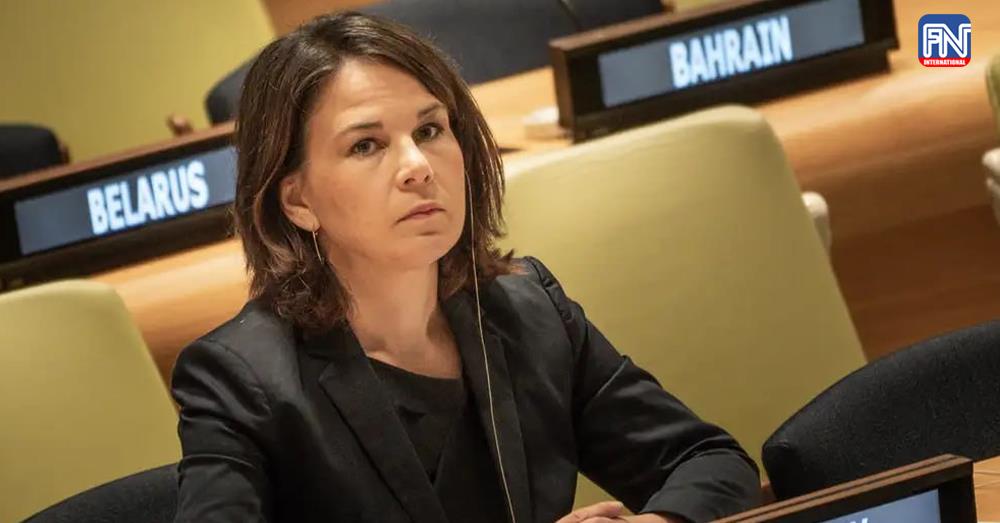BERLIN, July 18 (DW) - Germany has an obligation to prevent future wars and crimes due to its historic responsibility for "the most severe crimes in the world," German Foreign Minister Annalena Baerbock told DW on Monday in New York, where she was attending a ceremony at the United Nations marking the 25th anniversary of the creation of the International Criminal Court (ICC).
Russian President Vladimir Putin's decision not to extend the deal that allowed Ukraine to export its grain amid the war "shocked" every country and every United Nations delegate, Baerbock said in an interview with DW Washington DC bureau chief Ines Pohl.
She stressed the importance of applying pressure on Putin to reverse the decision, saying the best route is for African, Latin American and Asian countries to "address Putin directly."
"We have seen in the last year that it makes a difference if also other countries in the world, not only European countries, are calling on Putin."
On the sidelines of the ceremony, Baerbock stressed: "It was and still is, our responsibility to strengthen international law in order to prevent future wars, to prevent genocide, crimes against humanity."
Germany's top diplomat acknowledged the difficulty in closing the "accountability gap" using the ICC.
Just over a third of the UN's 193 member states, including the United States, have failed to enact the treaty that established the ICC, known as the Rome Statute. This leaves the court's jurisdiction wanting.
"I feel it is our responsibility also, after the Nuremberg trials, after the setting up of the ICC, to close this accountability gap," Baerbock said.
The Nuremberg trials were held by the four major Allied powers — France, the Soviet Union, the United Kingdom and the United States — after World War II to prosecute the political leaders of Nazi Germany.
